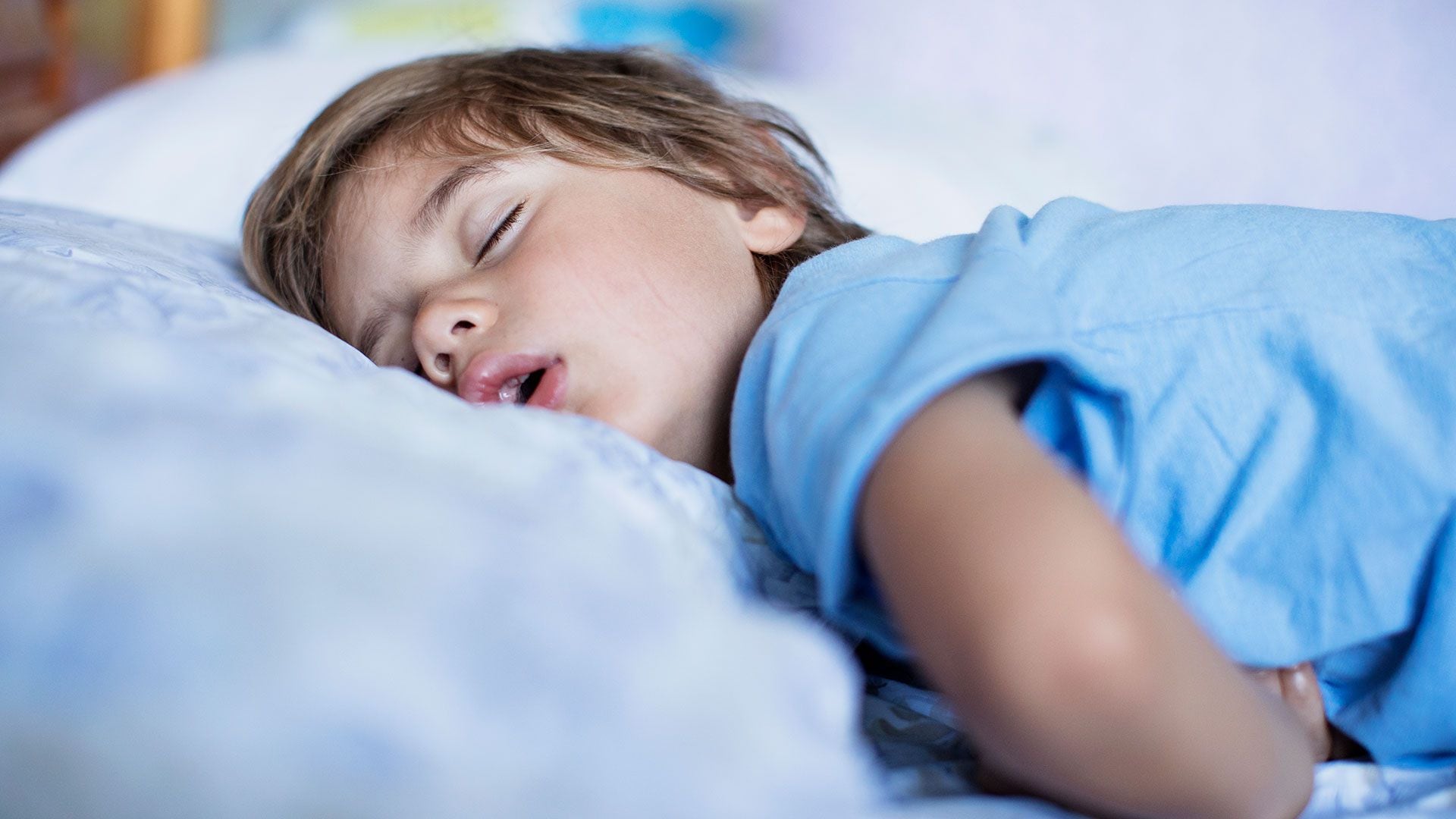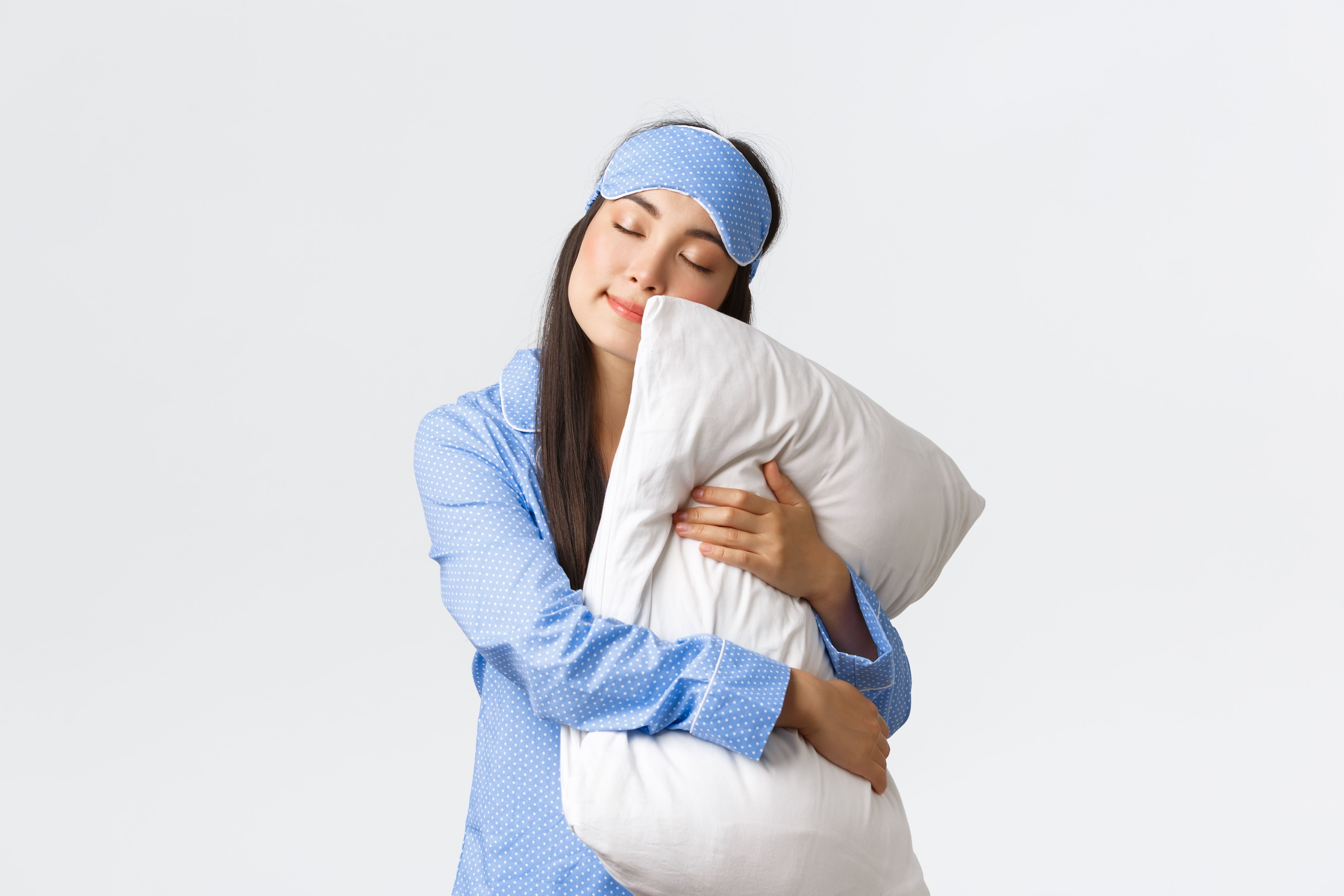
Waking up tired or sleeping without replenishing energy are aspects that afflict thousands of people every day. However, the process of sleep is broader than just closing your eyes, since other aspects of the brain come into play that regulate the normal functioning of the body and are essential.
According to the experts consulted by Infobae, sleep is necessary, but rest is essential. During this period, the body recovers the energy it used during the day, hormones are regulated, the heart rate decreases, the immune system is strengthened and memory is consolidated. That is why on World Sleep Day it is important to notice the differences.
The importance of sleep and, moreover, rest
There are substantial differences between sleep and rest, since one does not involve the other. “Sleep is a process by which our body recovers energy, wastes that accumulated during the day are eliminated. Hormones are regulated, defenses are strengthened and memory is consolidated,” Dr. Agustina Furnari (MN 163.237), a member of Fleni's Sleep Medicine Unit, said in a dialogue with Infobae.

In this regard, the specialist pointed out that, in order to rest, “sleep must be of an adequate amount, which are the recommended hours according to age and of good quality. When one of these conditions is not met, we don't 'rest. '”
Meanwhile, neurologist Stella Maris Valiensi (MN 94777), an expert in sleep medicine at the Italian Hospital in Buenos Aires, author of the book “The Sleep Route”, and president of the Argentine Association of Sleep Medicine, explained that “rest is a time when there is no physical activity. But this doesn't mean being asleep. You can lie in bed or on an armchair while watching TV in vigil or reading a book.”
“Sleep is the moment when, apart from decreasing motor activity, changes occur at the metabolic level, cerebral, for example. It is the physiological (necessary), reversible and periodic decrease in the level of consciousness, indispensable for the proper functioning of the day”.

Diseases related to bad rest
Due to the large number of processes that the body carries out, rest is an essential step in achieving the long-awaited well-being. Even the experts pointed out that, if they fail to do so, they can face a series of physiological problems and even diseases.
“The effects of bad sleep are not limited to the organism itself (obesity, immunity problems, among others), but affect the normal development and functioning of an individual in society (work or school performance, interpersonal relationships, road safety, etc.)” , said the specialist of the Italian Hospital. Meanwhile, the Fleni expert added: “It affects in many ways. In addition to this decrease, there is also a propensity for accidents, mood disturbances and even increased risk of cardiovascular disease or infection.”
In Valiensi's words, this situation has an impact on sleep disorders, which have their specific treatment. “The most common are: insomnia (falling asleep, maintaining sleep or early awakening), hypersomnia (tendency to sleep more during the day); respiratory disorders during sleep (apnea - breathing pauses during sleep) or motor disorders (restless legs syndrome); parasomnias (nightmares); and circadian rhythm disturbances (going to bed later and getting up later, as happened at the beginning of the pandemic)”.

At the same time, Furnari said: “Sleep plays an important role in metabolism, defenses, mood, learning and memory. Chronic sleep deprivation can increase the risk of metabolic diseases, but also diseases such as snoring and apnea, which can have a negative effect on health. That is why it is very important to consult with a specialist, for your specific treatment. So maintaining good sleep habits is always recommended.”
Pandemic and rest: COVID influenced rest
In the confinements it was a common comment that the day would never end, regardless of whether it was day or night. Appealing to an old American film, the first stage of the pandemic was positioned as an eternal Groundhog Day. In that feature film, as in an endless loop, a media meteorologist (Bill Murray) lived again and again Groundhog Day, when the marsupial announces how much time is left before the end of the cold season. In the pandemic, a similar situation occurred.
“The pandemic had a negative effect on most people. Many reported that they were not satisfied with the quality of their sleep due to problems falling or maintaining it. In addition, the use of sleep medications, visits for nightmares and mood disorders associated with sleep problems increased,” Furnari said.

While Valiensi highlighted that COVID and its consequences caused “almost 60% of the population to manifest poor sleep quality. Parasomnias (such as nightmares) increased their frequency of presentation in 2020 compared to 2021″. “Motor disorders, such as moving the legs during sleep, also increased, but we must add that there are also alterations in symptoms related to anxiety and depression. Especially at the beginning of the pandemic,” said the author of the book “The Dream Route”.
8 Tips and recommendations for a good rest
Given all the arguments of the experts, there is no doubt that sleep is important, but rest is paramount. For this reason, specialists warned that stimulants such as coffee, tea, mate or colas should be avoided. While alcohol, although it promotes sleep, does so superficially and of poor quality.
In addition, in the list of “no” also added: exposure to artificial light and devices with screens in the hours before rest (cell phone, tablet, PC, computer), copious and high-fat meals, and some medicines. On the other hand, they listed a number of tips and recommendations for achieving a true restful sleep:

1. Redesign your bedroom: keep the temperature between 20 and 25 degrees. Make sure the room is well ventilated, but with curtains heavy enough to block outside light. Have a comfortable mattress and pillow.
2. Eliminate Noises: Small annoying noises can disturb your attempts to fall asleep. Try wearing earplugs or generating special noises to minimize fuss, if it is annoying. Turn off all electronic media one hour before going to bed, especially in those who suffer from insomnia. Create an environment of darkness to achieve “accommodating” our circadian rhythm.
3. Exercise early: Getting a good exercise helps you sleep more soundly, but it shouldn't be done before bedtime. Exercising stimulates the body to release the stress hormone (cortisol) and causes alertness. Plan to exercise in the morning hours (not when the sun is intense). If they are done during the afternoon, there should be a waiting time for going to bed of between 3 and 6 hours.
4. Be careful with dinner: foods rich in fiber or containing tryptophan (kiwi, banana, almonds, etc.) improve sleep. You should not go hungry to bed, but also do not eat foods exceeded in carbohydrates.
5. No screens: Any electronic media (TV/tablet/cell phones) can cause your sleep schedule to be delayed, as it stimulates a nerve pathway from the eye to parts of the brain that control hormones, body temperature, and other functions that can make you feel fully awake. Avoid using devices in the bedroom if you want a good night's sleep.
6. Be careful with self-medication: Avoid using drugs such as benzodiazepines.
7. Tip for insomnia: If 30 minutes have passed since you went to bed and you are still not sleeping, get out of bed, go to another room and do something that doesn't turn you on too much, such as reading a magazine or watching TV, for example. When you get sleepy again, go back to your bedroom. The goal is for you to associate your bed with falling asleep as soon as possible.
8. Routine as a pre-rest step: Maintaining regular bedtime and waking times every day helps us prepare ourselves mentally and physically for bed (such as brushing teeth, putting on pajamas).
KEEP READING:
Últimas Noticias
Debanhi Escobar: they secured the motel where she was found lifeless in a cistern
Members of the Specialized Prosecutor's Office in Nuevo León secured the Nueva Castilla Motel as part of the investigations into the case

The oldest person in the world died at the age of 119
Kane Tanaka lived in Japan. She was born six months earlier than George Orwell, the same year that the Wright brothers first flew, and Marie Curie became the first woman to win a Nobel Prize

Macabre find in CDMX: they left a body bagged and tied in a taxi
The body was left in the back seats of the car. It was covered with black bags and tied with industrial tape
The eagles of America will face Manchester City in a duel of legends. Here are the details
The top Mexican football champion will play a match with Pep Guardiola's squad in the Lone Star Cup

Why is it good to bring dogs out to know the world when they are puppies
A so-called protection against the spread of diseases threatens the integral development of dogs




